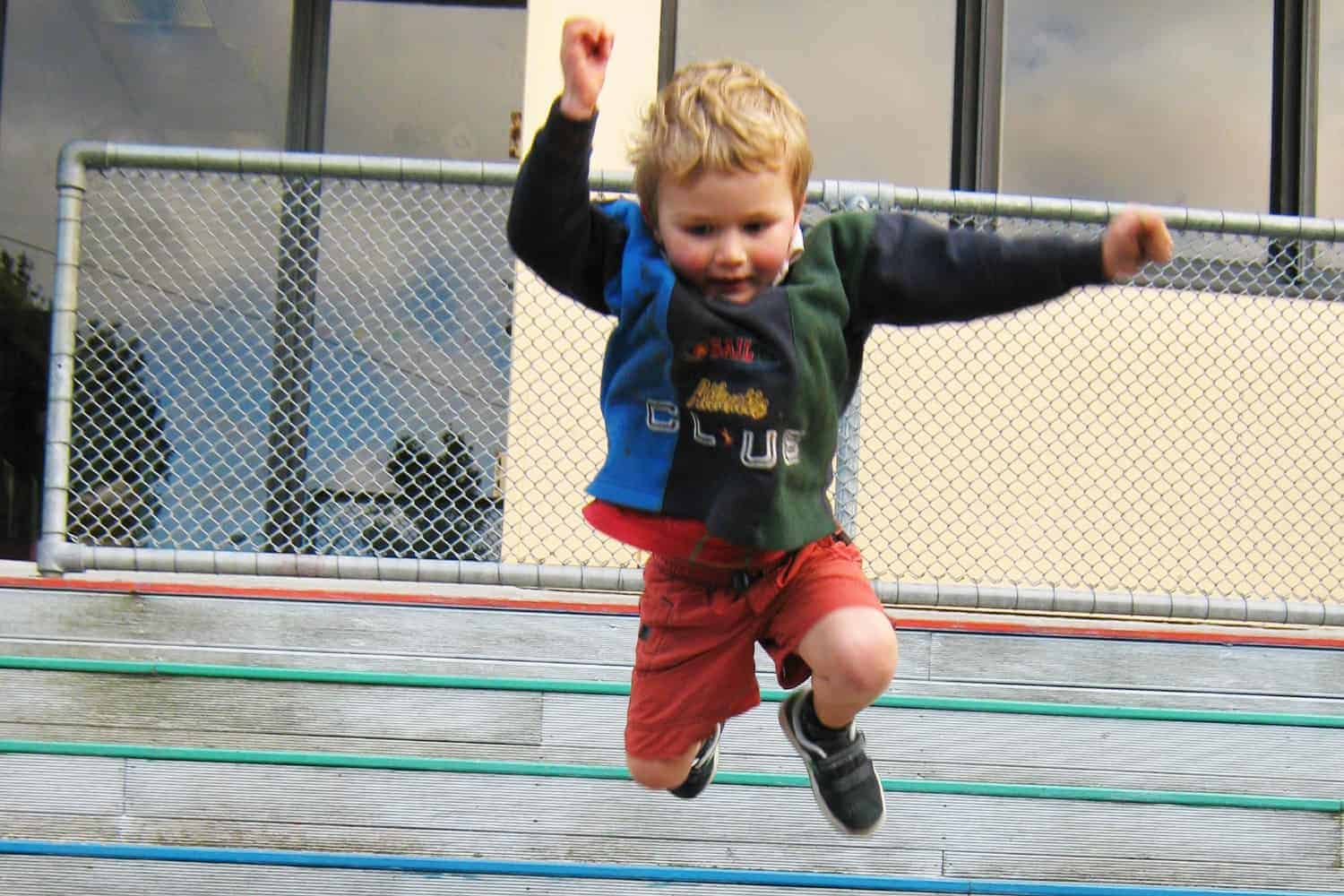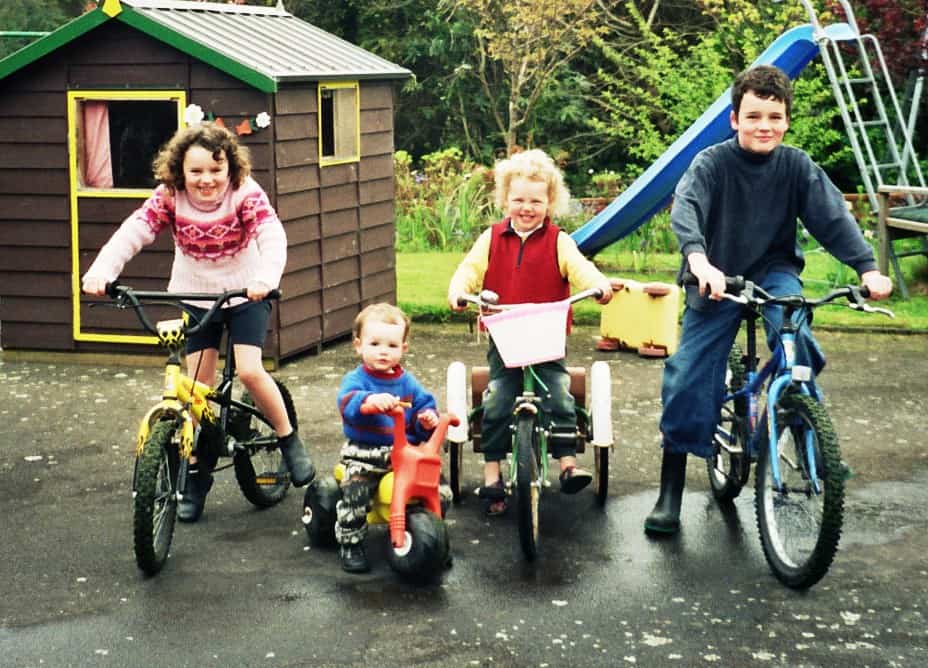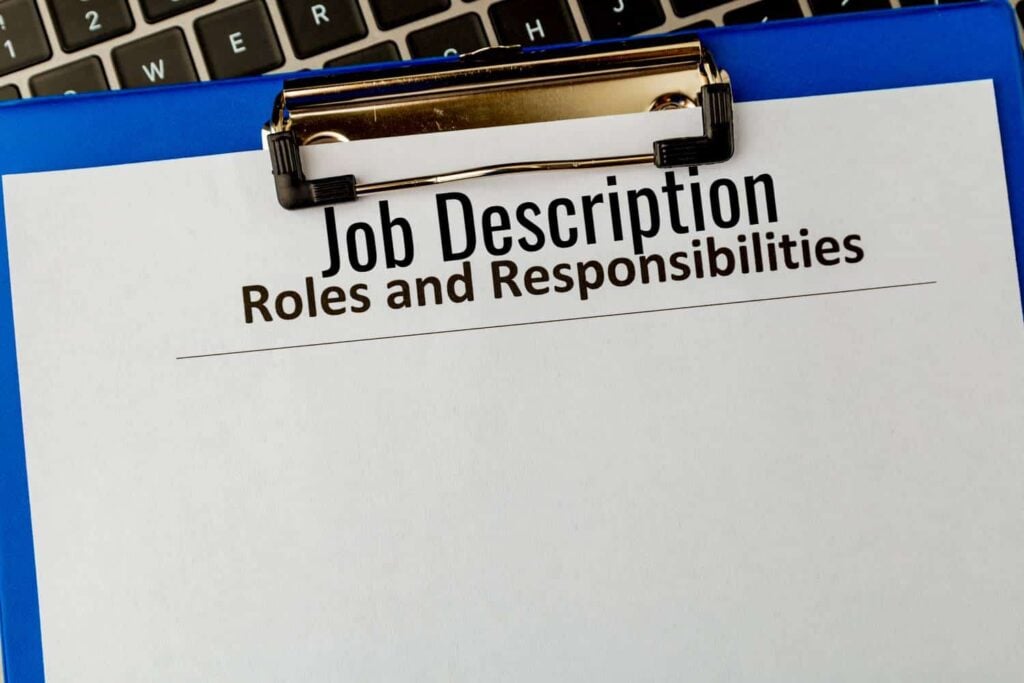Contents
1. What’s in the Coalition Agreements of relevance to ECE?
2. Who are the new Ministers with portfolios relevant to the ECE Sector, to Children, Teacher Training, and Workplace relations and safety?
3. What did the main political parties promise going into the 2023 general election?
1. What’s in the Coalition Agreements of relevance to ECE?
All 3 parties forming the new government in 2023 have agreed that “the Coalition Government will make decisions that are lifting educational achievement so that every child has opportunity to get a world class education.”
The agreements that the National Party has separately with the Act party and NZ First contain little mention of early childhood education specifically.
Act and National agree in their Coalition Agreement to:
- Repeal the Fair Pay Agreement regime by Christmas 2023.
- In consultation with the relevant Minister, carry out regulation sector reviews, which could include early childhood education, producing an omnibus bill for regulatory reform of laws affecting the sector.
National has not agreed to support Act on its policy to change the B4 School Checks to include educational achievement tests and take funding from ECEs whose children consistently fail.
NZ First and National agree in their Coalition Agreement to:
- Ensure all public service departments have their primary name in English, except for those specifically related to Māori.
- Require the public service departments and Crown Entities to communicate primarily in English – except those entities specifically related to Māori.
- Provide a FamilyBoost childcare tax credit of up to $150 per fortnight.
National has not agreed to support NZ First’s policies on ECE (see below).
2. Who are the new ministers with portfolios relevant to the Early Childhood Sector, to Children, Teacher Training, and Employment?
Erica Stanford – Minister for Education
Lousie Upston – Minister for Child Poverty Reduction
Karen Chhour – Minister for Children
Nicola Willis – Minister of Finance
Nicola Willis – Minister for the Public Service
Penny Simmonds – Minister for Tertiary Education and Skills
David Seymour – Minister for Regulation
Brooke van Velden – Minister for Workplace Relations and Safety
3. What did the main political parties promise ECE going into the 2023 general election?
Most parties have focused on ‘childcare’, funding, and regulations in the lead up to General Election on 14 October 2023.
There is little to nothing offered specifically yet by Labour and National to Homebased ECE, Playcentre, and kōhanga. Te Pāti Māori is the only party to have policy on kōhanga reo. NZ First supports parent-child relationships and endorses the Playcentre dual model of ECE and parent education.
ACT
ACT has promised to:
- Reduce regulations aimed at protecting the safety and wellbeing of children and improving the quality of their education. It will establish a Ministry of Regulation to assess the costs and benefits of regulations and in the ECE sector this will include regulations designed to ensure educational quality. For example, requirements around the ratio of adults with teaching qualifications. ACT believes that even if there are benefits to the regulations “some regulations significantly increase the cost” to service owners and may restrict the supply of new ECEs.
- Increase unannounced ERO visits. (Note that ACT may not be aware that ERO visits are currently all announced).
- Change the B4 School Checks which assess health at age 4 to also check children can read their name, know the (English) alphabet, hold a pencil, pick up a book, identify things that are the same, different and group them, match items in a shape box, communicate thoughts and ideas.
- Centralised collection of that data
- ECEs that consistently fail on those tests will lose their funding.
(Note that “teaching to the test” is not consistent with and goes against the early childhood curriculum Te Whāriki. ACT may not be aware that the B4 School Checks are not a legal requirement for ECE services to provide onsite, parents can refuse to have their child undergo the testing, and not all children are enrolled with a public health organisation to access the B4 School Check).
NZ First
New Zealand First is committed to inclusive early childhood education (ECE) that is accessible to all within safe, nurturing and stimulating environments. It will urgently review the funding model for Playcentre and their dual role as early childhood education role models and as centres that can make parents better parents. It is most concerned about the loss of access to education providers for our rural and isolated communities.
NZ First has promised to:
- Review the adult to infant (under 2s) staffing ratio in ECE centres as an urgent health and safety matter.
- Work with the sector to amend relevant criteria to ensure an increased ability of isolated rural communities to participate in early childhood education such as Playcentre and Mobile Kindergartens.
- Support the HIPPY organisation in their provision of early childhood education opportunities for 4- and 5-year-olds and their families.
- Establish a fund for research into best practice and innovation in New Zealand early childhood education.
- Work to bring more ECE Centres into the Learning Support Delivery Model so as to better support those children needing early learning support.
- Build on the pilots to shift from a “refer out and wait” early intervention system for young children who need learning support to a “send in the experts and deliver” model of early intervention.
- Pursue the opportunity to bring ECE Centres into local clusters to better support the transition of all students into the compulsory sector.
- Work with Playcentre to recalibrate their funding model to recognise that they provide support around parental education while also teaching how children learn through play.
- Seek to partner with Playcentre in rural communities so that Justice can use their facilities during weekends and after hours for supervised parent / child visits to address the lack of these facilities in small towns.
Labour
Labour has promised to:
- Expand 20 hours free Early Childhood Education to 2-year-olds, saving parents an average of $133 a week from March 2024. (This is one of nine key pledges made by Chris Hipkins)
- Ensure the “Free” is put back into 20 hours ECE (which was a promise last election too, and for which it recently backed down on after announcing as part of Budget 2023 it would make 20 hours free and extend 20 hours to children aged 2.)
Labour is likely to continue with its Early Learning Action Plan (though it has struggled to reach many of its goals – for example it dropped plans for regulating for 80% ECE qualified teachers and said it would re-look at this in the next parliamentary term).
National
National has not provided an election manifesto for ECE, but it has said it will:
- Cancel the introduction next year of 20 Hours ECE funding for 2-year-olds.
- Not bring in regulation for maximum group or class sizes in centres.
- Keep and not reduce the funding for pay parity already committed in Budget 2023 Vote Education/ECE.
- Reconsider the implementation of pay parity and not agree to further salary adjustments to funding after 1 December 2023. (This means funding and salary rates for pay parity are unlikely or will not continue to increase in line with increases for kindergarten association and school teachers. Yet, Nicola Willis attended the first meeting on pay parity on 14 July 2019 in Wellington, at which she spoke of how National would be turning its relationship to the ECE sector around to being more positive and supportive of quality ECE. Nicola Willis supported the petition for pay parity with primary teachers for all Early Childhood Education Teachers of which more than 14,000 people signed and she presented the petition to the House of Representatives).
- Allow service providers to claim funding at the higher qualified teacher rates for students in their second and third year of training (National may not be aware that there are 4-year degree and 1-year post-grad dip options and it has not yet said if any protections will be put in place for the jobs of currently employed qualified teachers and teachers once qualified).
- Not promise to have policy on working towards closing the gender gap in the ECE workforce. (e.g. by lifting the proportion of male teachers)
- Remove regulation for Network Management to allow new ECE services to more easily open and support private investment in the ECE market. (It will remove the pre-application and additional layer of checking process on service providers and mean that evidence of a need for a new service in the geographical location will no longer be needed).
- Provide a FamilyBoost childcare rebate to give 130,000 low and middle-income families more in their after-tax pay each week. (National has not yet explained how it will make sure that this will improve the affordability of childcare for families and bring the cost of care down).
- Not promise to review government involvement only in the collective agreement of teachers employed in Kindergarten Associations and not in any other ECE service.
- Not promise to regulate that at least 50% of the adults counted in the minimum adult-to-child ratio when children are attending must be ECE trained and fully qualified (currently the 50% rule applies to the centre licence and not to ratios).
- Not reverse the Jan 2020 regulation change that allows persons who are not fully qualified ECE teachers to be the “Person Responsible” for children and staff in teacher-led centres.
- Introduce regulation to ensure that at all times of the day in teacher-led centres at least one adult with children is ECE trained and fully qualified.
- Introduce regular unannounced spot-checks of ECE services by the Ministry of Education (this was also in National’s 2020 election manifesto)
- Not promise to support the provision of C02 monitors in centres to better manage ventilation and minimise the risk of airborne virus transmission of diseases among children and adults.
Green
The Green party has promised to:
- Work towards universal free public ECE. (Note that it does not mention if it will withdraw regulation that allows free kindergartens to charge fees)
- Ensure that all early childhood services have policies, practices, resources and programmes to create a whole service culture that is inclusive, and supports the identification and elimination of prejudice, racism, bullying, intimidation, and violence.
- Support the target of 100% qualified staff in teacher-led centres, and provide the funding to support this. (Note that it does not state if it supports teachers to have ECE specialisation or if it means primary and secondary trained teachers within the target)
- Improve child to teacher ratios, with a priority for under 3’s.
- Create models to share best-practice and professional development between centres.
- Set maximum overall child numbers that no centre can expand beyond. (Note that there is already a licence maximum of 150 children)
- Establish support for networks of not-for-profit centres to increase cooperation between nearby centres.
- Encourage clustering of Centres with nearby Primary Schools to enhance the transition to school..
- Support a diversity of models for immersion learning in te reo Māori and Pacific languages, and resource these appropriately.
- Ensure funding for 20 hours ECE accurately reflects the cost to parents and centres, and is expanded to two year olds.
- Support quality parent-led models such as Playcentre. (Note that it does not say ‘how’ it will do this)
Te Pāti Māori
Te Pāti Māori has promised to:
- Implement the Te Kōhanga Reo settlement claim (WAI 2336) including by significantly increase operational funding for kōhanga, recognising kaiako qualifications, and guaranteeing pay equity.
- Ensure all kōhanga are funded equal to the mainstream, with an immediate focus of equity-based funding models.
The 2020 Election
View the ECE promises political parties made in the 2020 election.









